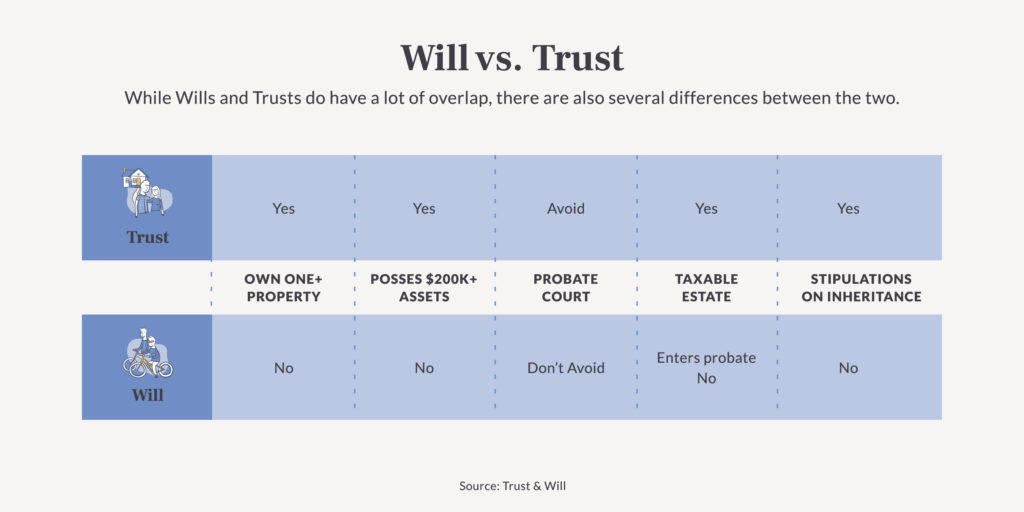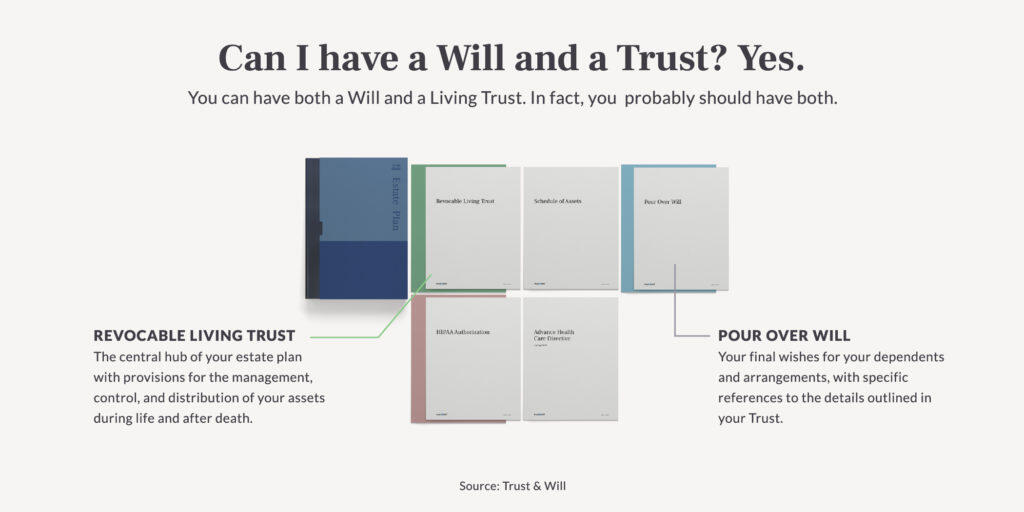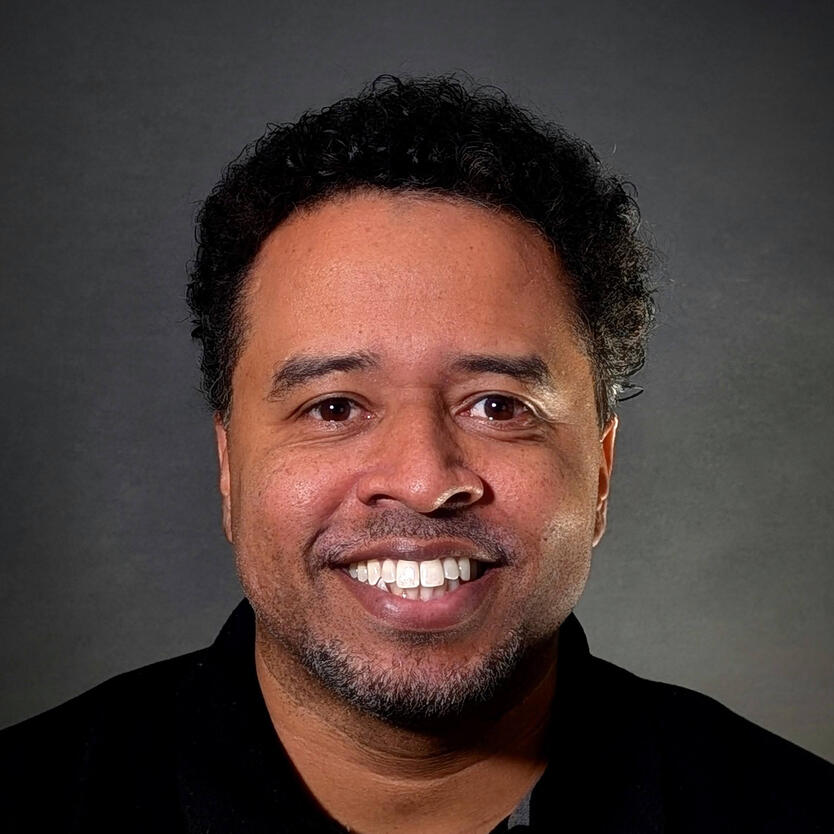
It's Your Life. Plan for it.
Do I need an
Estate Plan?
Most people who own a home, have assets or a family should think about an Estate Plan.
Would you like the power to minimize expenses, delays, and loss of privacy due to courts determining the fate of your estate through the probate process?
Charitable giving and business succession can be incorporated into an Estate Plan as well.
Will vs Trust
While Wills and Trusts do have a lot of overlap, there are also several differences between the two. Ultimately, both are ways to say who will receive your assets. They just do it in different ways, and each has its own advantages and disadvantages.One big difference between the two is in how and when they take effect. Wills don’t go into effect until you pass away, whereas a Trust is effective immediately upon signing and funding it.It may be easier to think of a Will as a “simple” document. Wills allow you to:Name guardians for kids and pet
Designate where your assets go
Specify final arrangementsWhile it is an easier process, the simplicity of a Will does come with some drawbacks. For example, Wills offer somewhat limited control over the distribution of assets. They also most likely have to go through some sort of probate process after you pass away.A Trust is a bit more complicated, but can provide some great benefits. Trusts:Offer greater control over when and how your assets are distributed
Apply to any assets you hold inside the Trust
Come in many different forms and typesKeep in mind that after you create a Trust, you also need to fund it by transferring assets to it, making the Trust the owner. This does make Trusts a little more complex to set up, but note that Trusts have one major benefit over Wills. They’re often used to minimize or avoid probate entirely, which is a huge plus for some people. This alone could more than justify the additional complexity of setting up a Trust.

Can You Have Both a Will and a Living Trust?
Short answer: Yes, you can have both a Will and a Living Trust because they do two different things. Trusts provide for the management and distribution of your assets during lifetime and after death. A Will, on the other hand, allows you to do things like name guardians for your children, appoint an executor for your estate, and declare your final wishes. So what’s actually more crucial to understand is the type of Will to have with a Living Trust so that you can have the most comprehensive Estate Plan.Let’s say you have both a Last Will and a Living Trust. This is not necessarily recommended and here’s why: The assets that are included only in your Last Will will likely have to go through an extensive probate process. Not to mention, Last Wills are public documents. Conversely, the assets included in a Trust are typically protected from probate court..Enter: The Pour Over Will. Most Revocable Living Trusts (including the one you can purchase through Trust & Will) include what’s called a Pour Over Will, which is a type of Will designed to work in conjunction with your Trust. With a Pour Over Will, anything a person owns outside of their Trust — as well as anything that is subject to their Last Will — will be paid to your Trust at the time of your death. Pour Over Wills essentially act as a backup plan to ensure all of your assets go under your Trust.Note that a Living Will is also different from a Last Will and a Pour Over Will (and yes, we know the names can get confusing). A Living Will refers to a set of documents related to an individual’s medical decisions. Included in those documents are:Medical Power of Attorney
Advanced Health Care Directive
HIPAA Authorization FormWhen we guide you through the process, the documents included in a Living Will — listed above — are provided whether you opt to purchase a Trust or Will.

Do Wills Require Probate?
Just because you take the time to create a Will, it doesn’t mean your estate will avoid probate. Probate is the process your estate goes through after you pass away if you haven’t done proper or comprehensive Estate Planning. It is a court-supervised proceeding, and depending on how solid your Estate Plan is, can be costly and take a long time.However, there are many ways you can simplify, or even eliminate all together, the probate process. One of the most effective ways to make it easier on those you leave behind is by creating a Trust as part of your Estate Planning. Anything you put inside your Trust can be passed down while avoiding probate. And, a big benefit to having a Trust is distribution of assets remains private, whereas distributing assets through a Will and probate are public.
We are here to help!
This does not have to be an intimidating process
We are not lawyers either. We act as a concierge service
We will guide you through the process step by step as we have done for many of our clients
You will end up with professionally prepared, state specific documents in your possession at the end of this process.
DISCLAIMER
Life Planners is here to guide you through this process with one of our partner services. We are not a law firm and we do not provide legal advice. If you need the services of an Attorney, we have a nationwide network ready to answer your legal questions.
About Life Planners
Life Planners was formed to bring custom solutions for financial independence and peace of mind to all.We believe the only way for us to do this is by treating each and every person who places their trust and future with us like they were our own family. Our success is only determined by the success we help our clients achieve.You can count on us serving YOU to the best of our abilities ALWAYS!

James Harris III
Founder / Principal Agent -- LIC# 20662680
We can't wait to hear from you
Choose How
(833) 543-3756 • [email protected]
PO Box 7981 Chandler AZ 85246